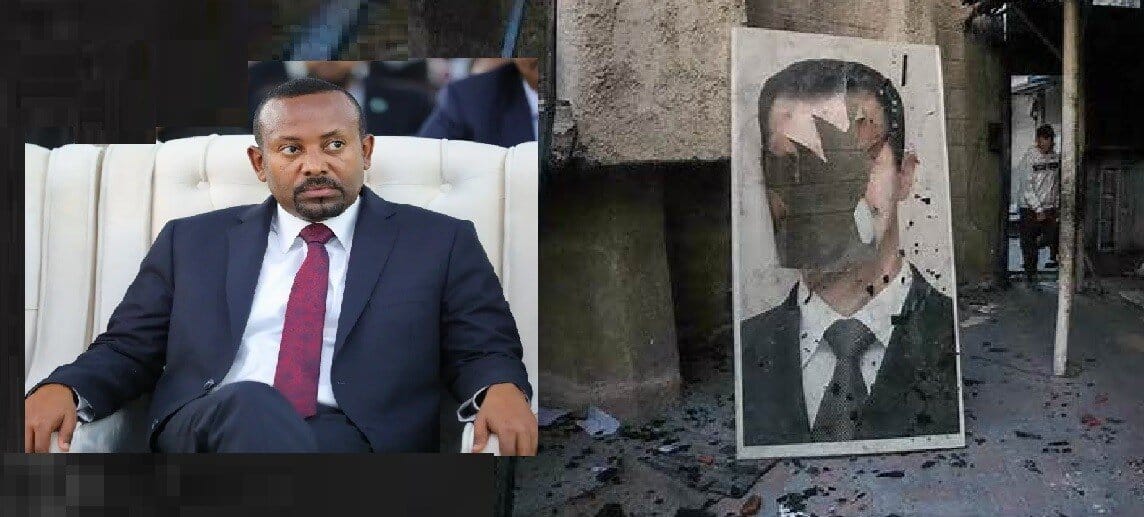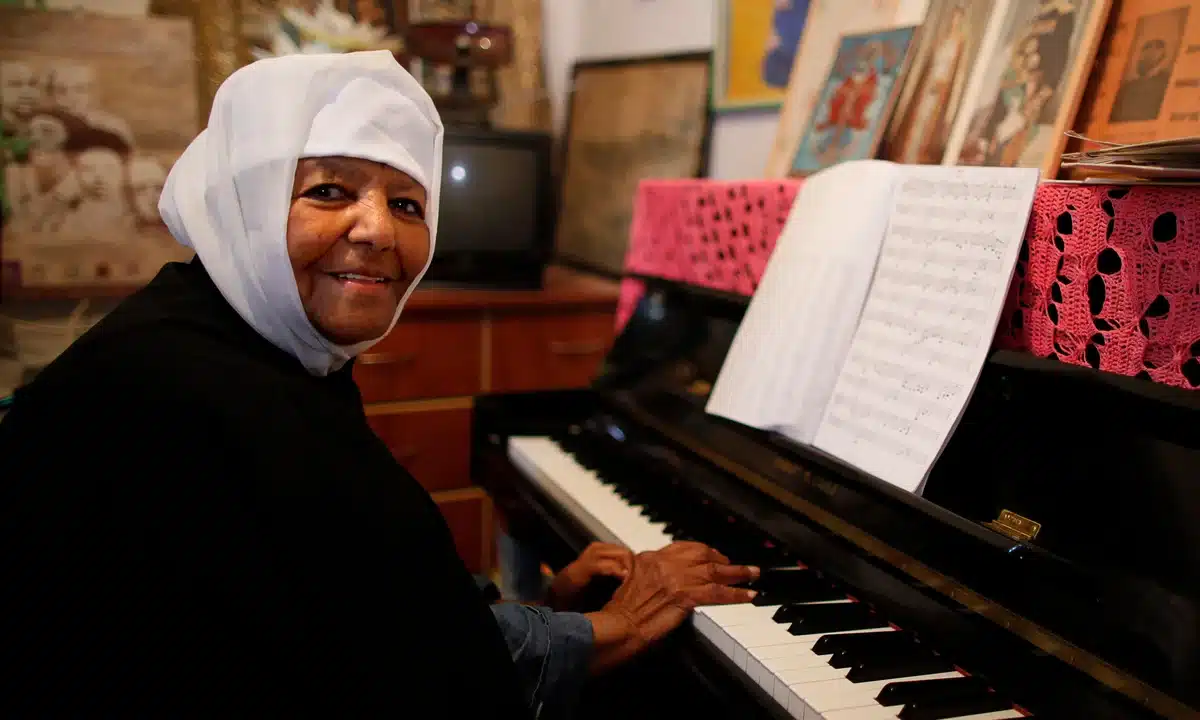ENA
 TPLF forces have damaged and looted historic churches in some parts of the Amhara Region, obliterating paleontological sites in the Afar Region, during its invasions, Authority for Research and Conservation of Cultural Heritage, Deputy Director-General, Abebaw Ayalew told ENA.
TPLF forces have damaged and looted historic churches in some parts of the Amhara Region, obliterating paleontological sites in the Afar Region, during its invasions, Authority for Research and Conservation of Cultural Heritage, Deputy Director-General, Abebaw Ayalew told ENA.
Though Lalibela, a UNESCO heritage site that comprised of 11 caved rock-hewn churches which had been fallen under the control of TPLF forces during the conflict is safe, important historic churches in the Amhara region were destroyed and looted, the Deputy Director General said, adding Paleontological sites in the Afar region were also destroyed.
Abebaw told ENA over the phone that “on UNESCO heritage sites so far, we have made an assessment in one place that is Lalibela. In Lalibela, there is no such damage that was inflicted due to the war by the TPLF invading forces.”
The deputy director-general, however, pointed out that TPLF forces have deliberately targeted, shelled, damaged and looted historic churches in some parts of the Amhara Region and obliterated paleontological sites in the Afar region.
“In the Amhara region, there is a great deal of destruction and looting. In south Gondar, for example, important historic churches were targeted by the TPLF forces, and then they were shelled. In Northern Wollo also on several churches, there were looting and a deliberate shelling by the TPLF forces. In Dessie, historical objects were looted by TPLF forces. In the northern parts of Showa also in some historical sites, there have been damage and looting,” Abebaw pointed out.
In Afar region, on some important paleontological sites, there has been an obliteration of sites, which were reserved for paleontological research, he stated, adding that TPLF forces have obliterated research sites that should have been preserved, and some historic graveyards and thump sites were also destroyed.
“Regarding Axum, we don’t have any kind of information since last year,” he said, indicating that “what we know about Tigray is that there are some damages on heritages like the Al Nejashi Mosque and some historic churches. But on the principal UNESCO site that is the Axum stale and then the Axum church, we don’t have any information.”
UNESCO International Institute for Capacity-Building in Africa and Addis Ababa Liaison Office Director, Yumiko Yakozeki told ENA that her organization is supporting Ethiopia, especially in capacity-building to improve the protection of heritage stating that heritage sites shouldn’t be targeted.
She further said UNESCO is supporting Ethiopia’s capacity-building of relevant bodies to protect heritages that are very important to Ethiopia, Africa, UNESCO and the world.
The Deputy Director-General for his part stated that UNESCO is supporting Ethiopia’s cause because Ethiopia is an important member of the UNESCO and then Ethiopia has world heritage sites.
Regarding UNISCOS’s involvement in protecting the Lalibela heritage, Abebaw said UNESCO has been informing the international community so that the TPLF forces should not inflict any kind of damage, and then they should respect the integrity of the site.
“UNESCO is our important partner. It gives us various kinds of training in terms of registration, conservation and heritage site management. They have been giving us capacity building for the staff of the Ethiopian heritage conservation authority as well as regional cultural and tourism conservation bureau offices, ” he pointed out.
He further stated that the governmental institutions are also closely working to control illicit trafficking of heritage materials.
Yumiko said that “We are working with the government and other related bodies to bring the awareness and then bring the capacity building in Ethiopia,” adding that it is providing capacity-building training to the police and other concerned bodies to protect heritage sites and prevent the smuggling of heritage materials.
“I have to do the assessment and analysis on what has been done,” she responded when asked about the extent of alleged damages.
Ethiopia is one of the most important countries in Africa for UNESCO because the heritage sites, namely Lalibela and the Semien Mountains, were inscribed in 1978, the very first heritage sites. That is why Ethiopia is the first runner for heritages, she added.


















Subject: TPLF Forces Destroy Churches in Amhara, Obliterate Paleontological Sites in
Afar: Authority, MARCH 8, 2022, ENA
Humble Comment, 15 March 2022
a) SAD, SAD, SAD.
b) What will TPLF gain out of that destruction?
c) How would the Fraternal Churches in Tigray feel about it?
d) Who benefits out of this savagery?
e) NO body gains — even the instigators behind the curtain will not gain an iota of anything.
f) So, what is going on in that Ancient History-Studded Black African Country called ETHIOPIA ?
g) In the absence of rationality only madness must have seeped into that Ancient Land —Ethiopia.
h) It is indeed: CLASSICAL TRAGEDY.
i) Poor ETHIOPIA falling into the hands of lunatics who prefer disintegration rather than cohesive civilized
Country for the benefit of all.
j) Indeed, IT IS SAD, SAD, SAD, HEADING STRAIGHT TO MADNESS.
THE END, in all its inherent definition.